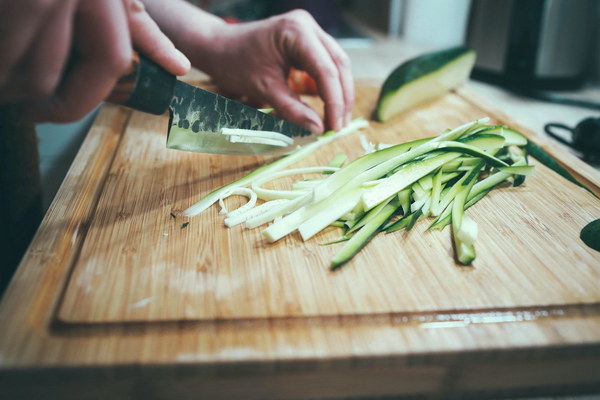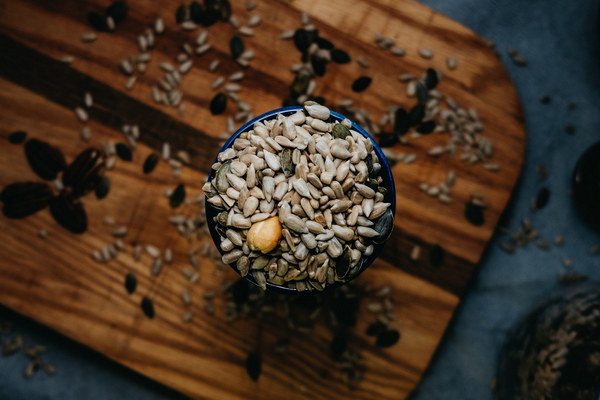Does Herbal Tea Increase Uric Acid Levels in Women
Introduction:
Herbal tea has gained immense popularity in recent years due to its numerous health benefits. It is often perceived as a healthy alternative to traditional tea and coffee. However, some people are concerned about the potential impact of herbal tea on uric acid levels, particularly in women. In this article, we will explore the relationship between herbal tea and uric acid levels in women, shedding light on the potential risks and benefits.
Understanding Uric Acid:
Uric acid is a substance produced by the body when it breaks down purines, which are found in certain foods and are also formed naturally in the body. In general, uric acid dissolves in blood and is excreted through the kidneys. However, when uric acid levels become too high, it can lead to the formation of crystals in the joints, causing gout or kidney stones.
Herbal Tea and Uric Acid Levels:
While some studies suggest that herbal tea may have a positive impact on uric acid levels, others indicate potential risks. The following are some key points to consider:
1. Antioxidant Properties:

Herbal tea is rich in antioxidants, which can help reduce inflammation and lower uric acid levels. Antioxidants may also improve kidney function, which can aid in the excretion of uric acid.
2. Diuretic Effects:
Certain herbal teas, such as dandelion and nettle, have diuretic properties. Diuretics increase urine production, which can help remove excess uric acid from the body.
3. Potential Risks:
Some herbal teas may contain purines or have other substances that can increase uric acid levels. For example, tea made from hawthorn berries, ginseng, and certain types of ginkgo may contribute to higher uric acid levels. Additionally, excessive consumption of herbal tea can lead to dehydration, which can further impact uric acid levels.
The Importance of Moderation:
It is crucial to note that the potential impact of herbal tea on uric acid levels varies from person to person. Factors such as individual metabolism, overall diet, and existing health conditions can influence the outcome. Therefore, it is essential to consume herbal tea in moderation and consult with a healthcare professional before making significant changes to your diet or tea consumption.
Tips for Safe Consumption:
If you are a woman concerned about the impact of herbal tea on uric acid levels, consider the following tips:
1. Choose Tea Wisely: Opt for herbal teas with known antioxidant and diuretic properties, such as dandelion, nettle, and green tea. Avoid teas with high purine content or other substances that may increase uric acid levels.
2. Limit Consumption: Drink herbal tea in moderation, no more than three cups per day. This will help minimize potential risks while still enjoying the health benefits.
3. Stay Hydrated: Ensure you are well-hydrated by drinking plenty of water throughout the day, as dehydration can exacerbate uric acid levels.
4. Monitor Your Health: Keep an eye on your uric acid levels and consult with a healthcare professional if you notice any changes or experience symptoms of gout or kidney stones.
Conclusion:
While there is some evidence suggesting that herbal tea can have both positive and negative effects on uric acid levels in women, it is essential to consume it in moderation and pay attention to individual health conditions. By choosing the right type of herbal tea, limiting consumption, staying hydrated, and monitoring your health, you can safely enjoy the benefits of herbal tea while minimizing potential risks to uric acid levels. Remember to consult with a healthcare professional before making significant changes to your diet or tea consumption.









